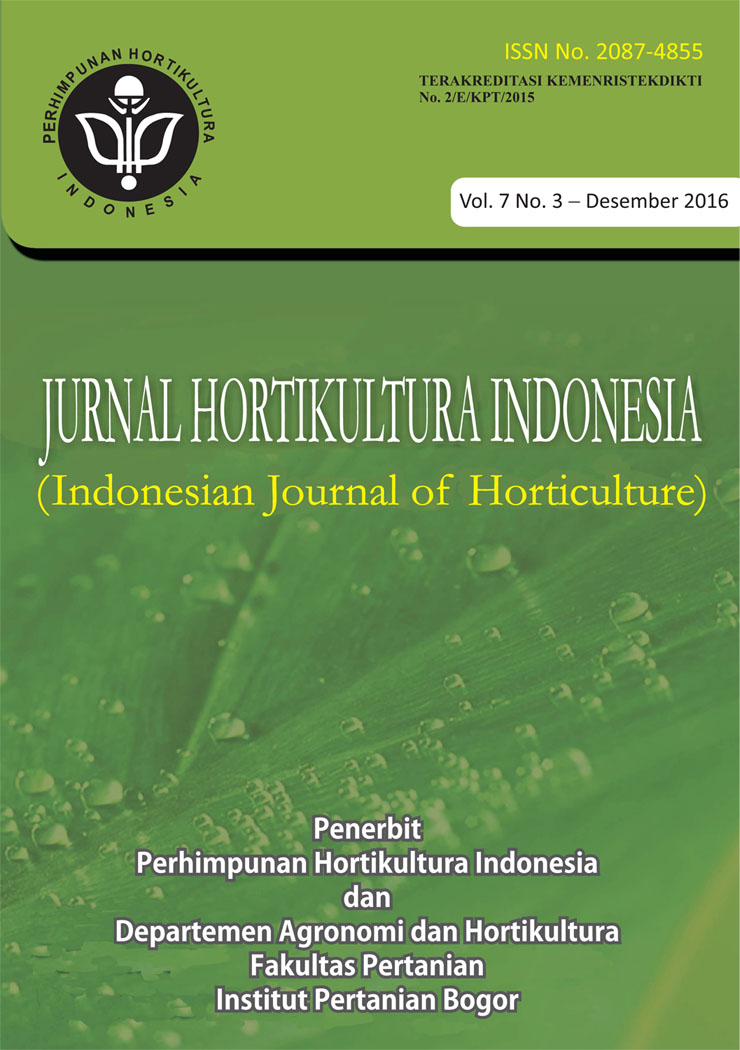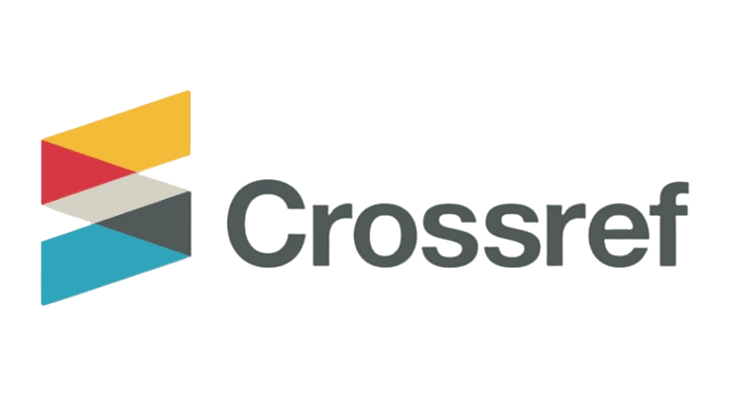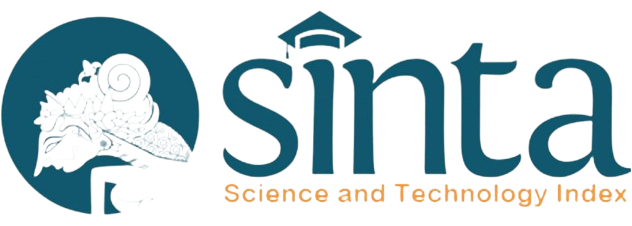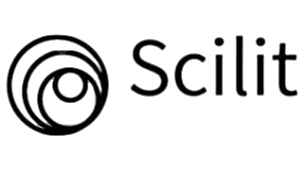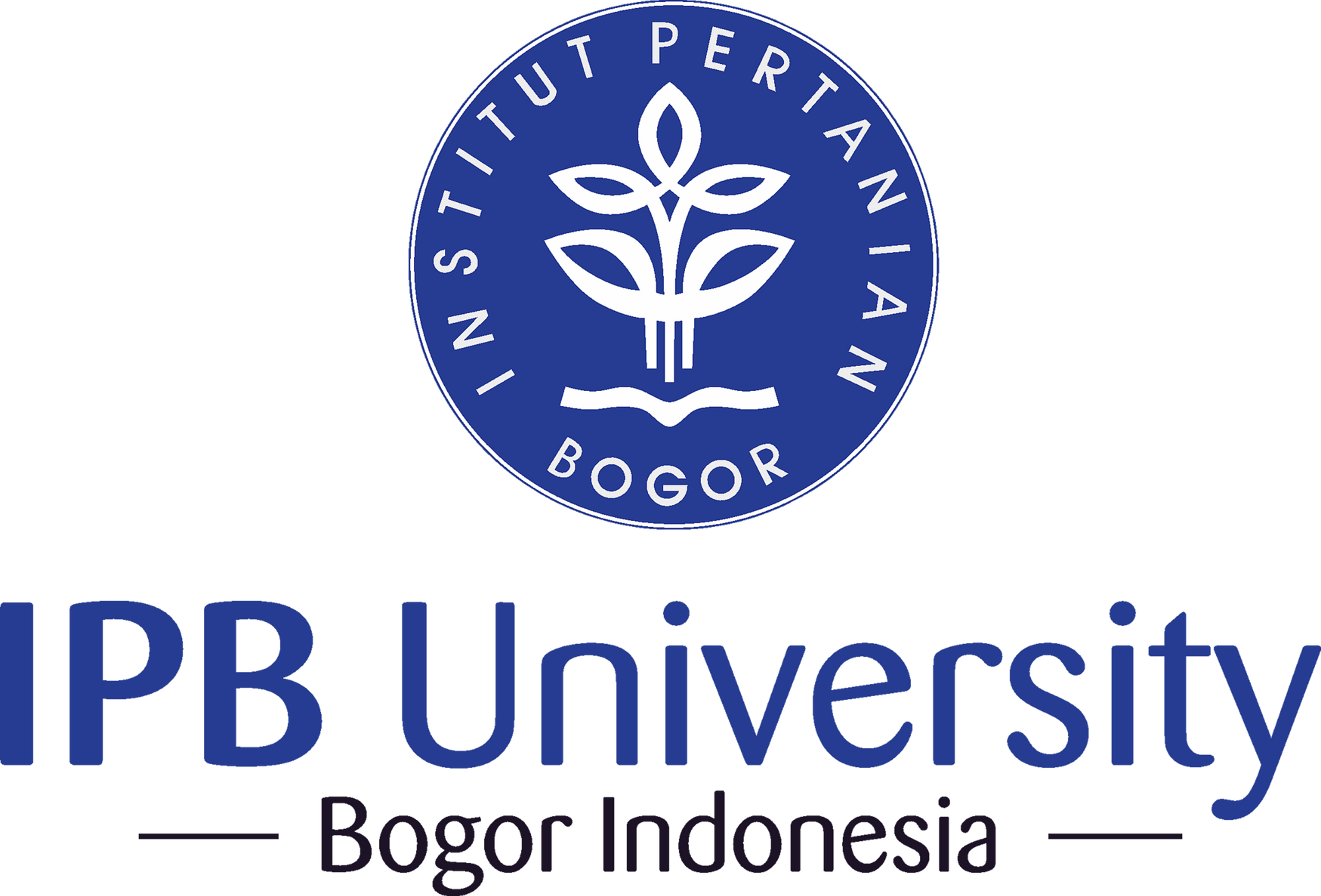Pertumbuhan Ludwigia octovalvis (Jacq) Revans pada Berbagai Konsentrasi dan Waktu Aplikasi Alelokimia Kulit Buah Jengkol
DOI:
https://doi.org/10.29244/jhi.7.3.204-210Abstract
ABSTRACT
Synthetic herbicides is the most profitable option for farmers in weed control however it has detrimental effect to the environment. Using allelochemical compound as bioherbicide is one of the new options for sustainable weed management. Research was conducted to evaluate the potential of the water extract of jengkol fresh fruit pod as bioherbicide on Mexican primrose-willow (Ludwigia octovalvis) growth. The objective of the study was to determine the concentration and time of applications that effectively inhibit of the growth of Mexican primrose-willow. The study was conducted from July to September 2015 in the Greenhouse of University of Bengkulu Agronomy Laboratory with a completely randomized design, three replications and a control for comparison. The treatments tested consisted of four levels: 125 g L-1, 250 g L-1, 375 g L-1 and 500 g L-1. The results showed that at a concentration of 500 g L-1 jengkol fresh fruit pod extract applied at planting time killed Mexican primrose-willow in the first week after treatment. Inhibition of root growth was greater than that of the shoot. The mean reduction in root dry weight, shoot dry weight, root volume, and leaf area were 88.79%, 63.25%, 84.4%, and 85.75%, respectively when compared to control.
Keywords: bioherbicide, concentration, growth of Mexican primrose-willow, jengkol fresh fruit pod, time applications
ABSTRAK
Herbisida sintetis menjadi pilihan utama bagi petani dalam mengendalikan gulma karena sangat menguntungkan, namun merusak lingkungan. Penggunaan alelokimia sebagai bioherbisida merupakan cara baru dalam pengendalian gulma dan aman bagi lingkungan. Penelitian ini dilakukan untuk menguji potensi ekstrak air kulit buah jengkol segar sebagai bioherbisida pada pertumbuhan lakum air (Ludwigia octovalvis). Penelitian ini bertujuan untuk menentukan konsentrasi dan waktu aplikasi yang efektif menghambat pertumbuhan lakum air. Penelitian dilakukan pada bulan Mei sampai Juli 2015 di Rumah Kaca Laboratorium Agronomi Universitas Bengkulu dengan rancangan acak lengkap, 3 ulangan dan satu kontrol sebagai pembanding. Perlakuan yang diujikan terdiri dari empat aras yaitu 125 g L-1, 250 g L-1, 375 g L-1, dan 500 g L-1. Hasil penelitian menunjukkan ekstrak kulit buah jengkol segar pada konsentrasi 500 g L-1 yang diaplikasikan pada saat tanam dapat mematikan lakum air pada minggu pertama setelah perlakuan. Hambatan pertumbuhan akar lebih besar bila dibandingkan dengan tajuk. Rerata penurunan bobot kering akar, bobot kering tajuk, volume akar, dan luas daun berturut-turut 88.79%, 63.25%, 84.4%, dan 85.75% bila dibandingkan dengan kontrol.
Kata kunci: bioherbisida, konsentrasi, kulit buah jengkol segar, pertumbuhan lakum air, waktu aplikasi.
Downloads
Downloads
Published
Issue
Section
License
You are free to:
- Share — copy and redistribute the material in any medium or format for any purpose, even commercially.
- Adapt — remix, transform, and build upon the material for any purpose, even commercially.
- The licensor cannot revoke these freedoms as long as you follow the license terms.
Under the following terms:
- Attribution — You must give appropriate credit, provide a link to the license, and indicate if changes were made. You may do so in any reasonable manner, but not in any way that suggests the licensor endorses you or your use.
- ShareAlike — If you remix, transform, or build upon the material, you must distribute your contributions under the same license as the original.
- No additional restrictions — You may not apply legal terms or technological measures that legally restrict others from doing anything the license permits.
Notices:
You do not have to comply with the license for elements of the material in the public domain or where your use is permitted by an applicable exception or limitation.
No warranties are given. The license may not give you all of the permissions necessary for your intended use. For example, other rights such as publicity, privacy, or moral rights may limit how you use the material.

